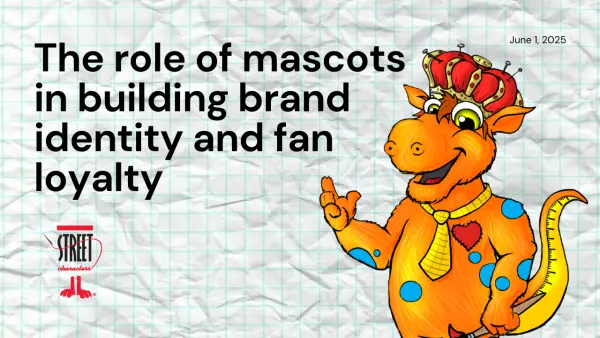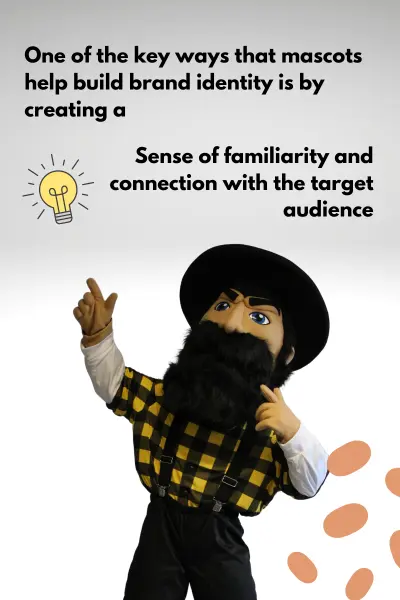Start writing here...

Mascots play an important role in building brand identity and fan loyalty. A mascot is a symbol or character that represents a company, organization, or sports team. They are often used to help create a visual identity and to connect with the target audience. Mascots can be used in a variety of ways, from appearing at live events to being featured in advertising campaigns.
One of the key ways that mascots help build brand identity is by creating a sense of familiarity and connection with the target audience. People tend to form emotional attachments to mascots, and this can lead to increased brand loyalty. For example, a sports team mascot can help create a sense of community among fans, leading to increased attendance at games and greater enthusiasm for the team. Similarly, a company mascot can help create a sense of trust and connection with customers, leading to increased brand loyalty and repeat business.
Mascots can also help to differentiate a brand or team from its competitors. A unique or distinctive mascot can make a brand or team stand out in a crowded market. For example, the Phillie Phanatic, mascot of the Philadelphia Phillies baseball team, is known for its distinctive appearance and antics, making it one of the most recognizable mascots in professional sports. This helps the team to stand out and be remembered by fans, even when they are not playing.
Additionally, mascots can be used to promote specific products or services. For example, a company mascot may be used to promote a new product or service, or to remind customers about an existing one. This can be particularly effective if the mascot is closely associated with the product or service in question. For example, Tony the Tiger, mascot of Kellogg’s Frosted Flakes cereal, is closely associated with the cereal and helps to remind customers of the brand.

In conclusion, mascots play a crucial role in building brand identity and fan loyalty. They help create a sense of familiarity and connection with the target audience, differentiate a brand or team from its competitors, and promote specific products or services. The use of mascots can lead to increased brand loyalty, repeat business, and greater enthusiasm for a team, making it an important aspect of marketing and branding strategy.